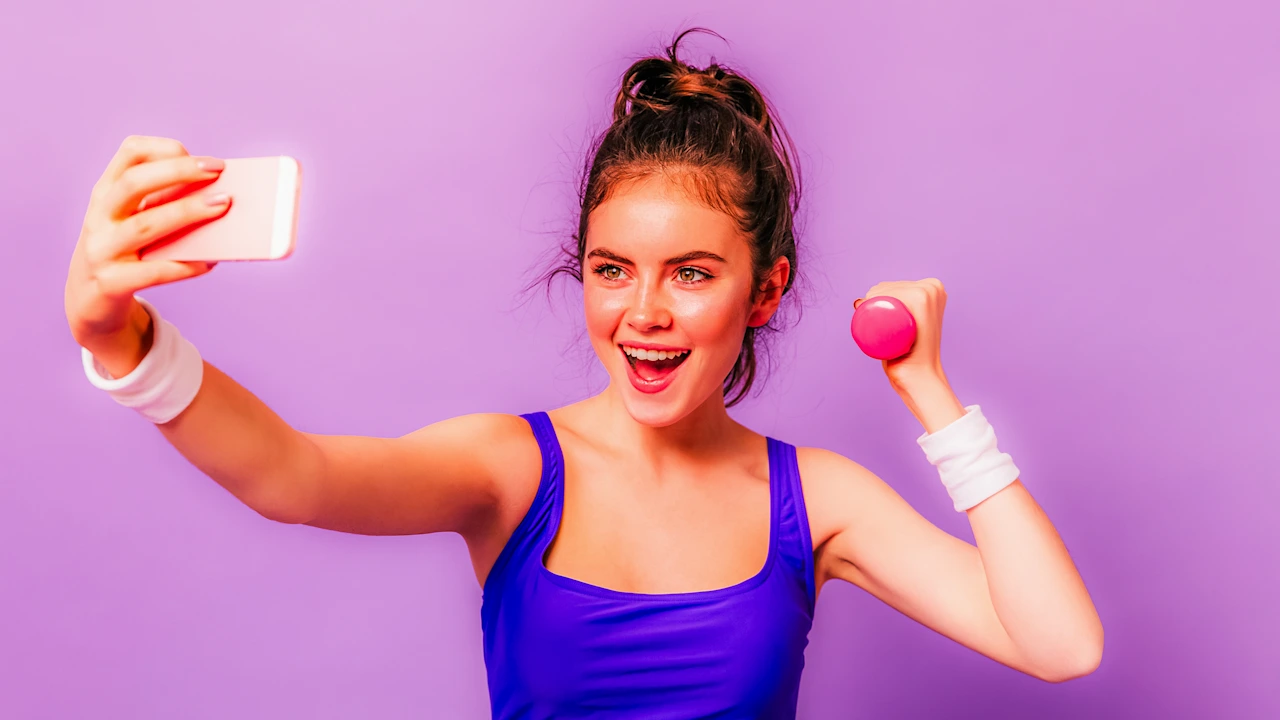
Is there such a thing as being too attractive? For fitness influencers, it turns out there might be.
Contrary to popular belief, new research suggests that being too good-looking can actually be a disadvantage, particularly in the online fitness space.
The study, coauthored by researchers at the University of Dayton and University of Oregon, found that the more attractive the influencer, the lower the engagement they received on their social media posts.
The reason? It all comes down to a sense of relatability, and what researchers have termed the “beauty backfire effect.”
In the study, researchers showed 299 U.S. adults mock Instagram posts featuring a highly attractive female fitness influencer, a moderately attractive one, or a text-only control. The “halo effect” and “pretty privilege” are both widely studied phenomena where people’s good looks often work to their advantage.
Yet the highly attractive influencer scored lowest on both relatability and engagement. Participants also reported a dip in self-esteem after viewing her post. The moderately attractive influencer, on the other hand, boosted participants’ confidence.
It makes sense. When attempting to conjure up motivation to get off the sofa and go to the gym, scrolling through posts of rock-hard abs and fit-fluencers barely breaking a sweat can sometimes have the opposite effect.
Researchers also linked this to social comparison theory. We are all guilty of comparing ourselves to others. Sometimes that comparison can be motivating, other times it can be discouraging. If a fitness influencer is too attractive, the body ideal they are selling no longer feels attainable.
In a follow-up study, researchers found that highly attractive female fitness influencers faced stronger backlash than equally attractive men. This backfire effect is also most apparent in the fitness space. When the same experiment was conducted with finance influencers, appearance didn’t have as much of an impact.
Relatability is often an influencer’s most valuable currency. Social media has evolved from overly polished posts and curated feeds to a focus on authenticity. Today, people gravitate toward influencers with day jobs, tuning in to watch them go about their normal lives, rather than mega-influencers partying with celebrities or jet-setting every other week whose lives feels out of reach—or out of touch.
The last study backs this up. While the “beauty backfire” effect can undermine influencers trying to grow their followings, it’s not unavoidable. If those deemed highly attractive pair their posts with modest captions, talking about their struggles or insecurities, the relatability gap closes. If they’re boastful or adopt self-congratulatory language, the gap widens again.
If you’re having trouble racking up the likes on social media, it could just be that you’re too good-looking.